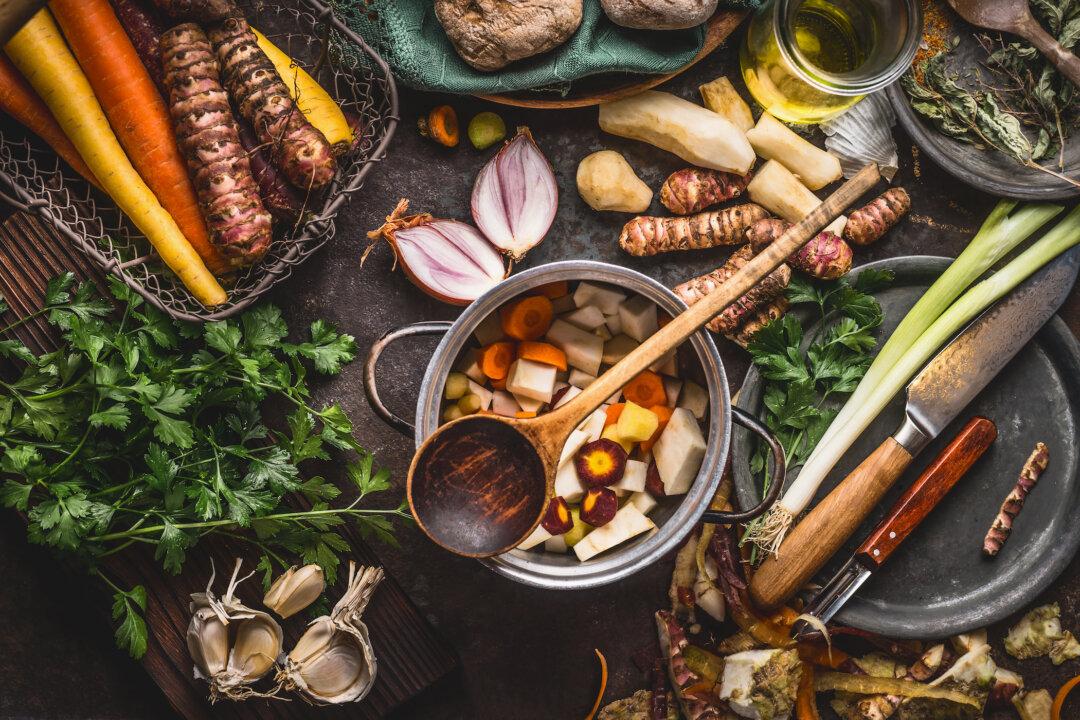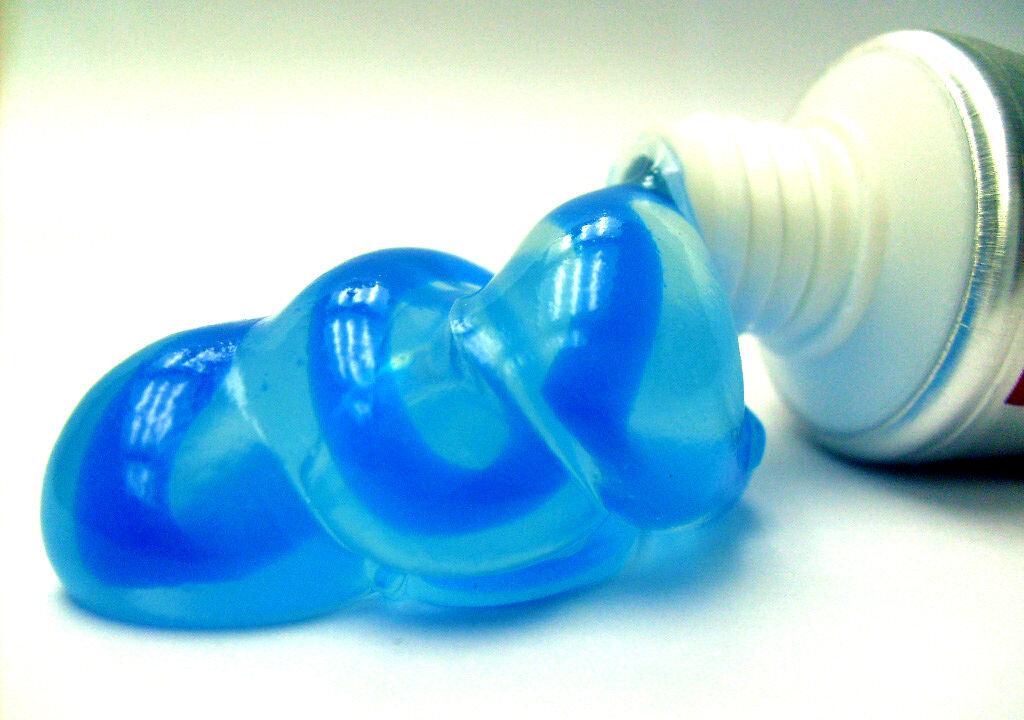When the body is healthy, the brain is healthy. If the brain is impaired, it’s pretty difficult to enjoy life. For those suffering from depression, there’s situational depression and there’s chronic depression. Situational depression is generally triggered by a traumatic incident like losing a loved one or being unable to find work. Chronic depression often starts with situational depression, but it can also seem to come out of nowhere.
Either way, eliminating depression is much harder and often impossible without a healthy brain. For many who do not address health, the best they can hope for is situational happiness, where sadness or anxiety is the norm and outside influences are needed to trigger positive feelings. Addiction is common for such people.





